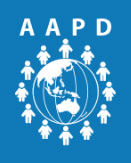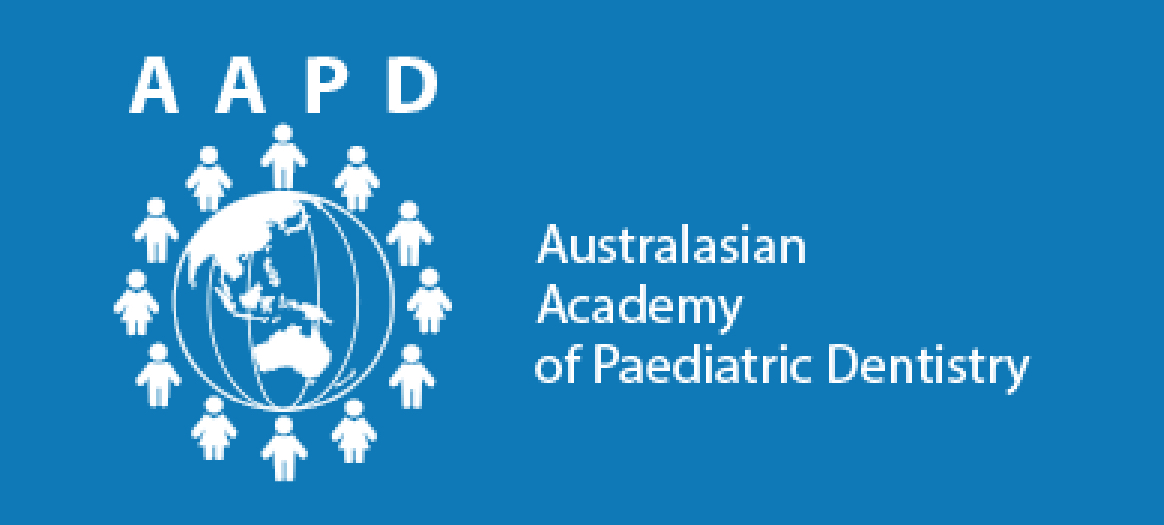Information for parents
We represent specialists working to prevent and treat dental issues in children of all ages, from birth through to adolescence.
What is Paediatric Dentistry?
Paediatric Dentistry is the branch of dentistry that is concerned with preventive and therapeutic oral health care for children from birth through to adolescence, and especially for those with special needs. It includes management of orofacial problems related to medical, behavioural, physical and developmental disabilities.
Like many clinical areas of dentistry, dental treatment of children falls within the scope of the general dentist, the dental therapist and oral health therapist. However, Paediatric Dentistry is a board recognised and certified Speciality.
Can any Dentist call themselves a Paediatric Dentist?
While many general dental practitioners may have developed skills and expertise in the management of children’s oral health, only registered specialists in Paediatric Dentistry may refer to themselves as a Paediatric Dentist.
What particular expertise do Paediatric Dentists have?
- Physical and psychological growth and development of children from before birth to adulthood.
- The causes and treatment of the full range of oral diseases both inherited and acquired, from decay to gum disease, tooth wear to traumatic dental injuries, missing to poorly formed teeth.
- The individual nature of each child and how their temperament, family and school environments and background impact on oral health.
- Childhood illness and disability and how these can impact on oral health and dental treatment.
- Existing research, best practice guidelines and evidence based treatment related to children’s oral health.
Paediatric Dentists are trained to:
- Identify factors that are causing dental disease and to know how to help children and their families have healthy teeth and mouths.
- Deliver specialised techniques for managing anxious and/or young children including using special approaches for giving local analgesia and dental sedation as well as providing dental treatment under general anaesthesia.
- Treat children who have medical, physical and intellectual conditions including those with behavioural challenges such as Autism and ADHD.
- Work with doctors, paediatricians, nurses, allied health professionals as well as teachers and child care workers to help make sure that children have the best dental health possible.
- Advocate for children’s oral health.
Philosophy of care for special kids
- Providing a 'dental home'
- Caries risk assessment, tailored treatment and home care family support
- Familiarisation and de-sensitisation protocols
- Liaising with multi-disciplinary services – allied health professionals, other specialists, NDIS
- Treatment when special access is required – wheelchairs, physical and protective support
- Special considerations – gastrostomy feeding (PEG), dysphagia and oral aversion
- General anaesthesia
Types of care routinely provided by Paediatric Dentists
-
Children with complex treatment needs or extensive decay
Paediatric Dentists are able to provide comprehensive care under nitrous oxide sedation in the dental chair or under general anaesthesia as a short day-stay procedure. Enabling your child to cope well with their treatment is our highest priority, and will ensure they are happy to visit the dentist in years to come. -
Children with medical and genetic conditions
Many children with serious medical or genetic conditions require dental care in conjunction with other medical doctors and allied health professionals. Dental health has significant impacts on general health, and Paediatric Dentists understand the importance of an oral health care plan that is tailored to your child’s needs. - Management of dental injuries to both primary and permanent teeth.
- Management of children with dental conditions such as missing teeth, extra teeth, enamel defects and abnormal eruption of teeth.
- Children with anxiety or behavioural issues.
-
Very young children
Paediatric Dentists are happy to see children from birth for a variety of neonatal oral conditions, assessing oral and facial growth and development, eruption of teeth, early guidance on when and how to brush for young children and nutritional advice for toddlers and young children to minimise decay risk in the future.

